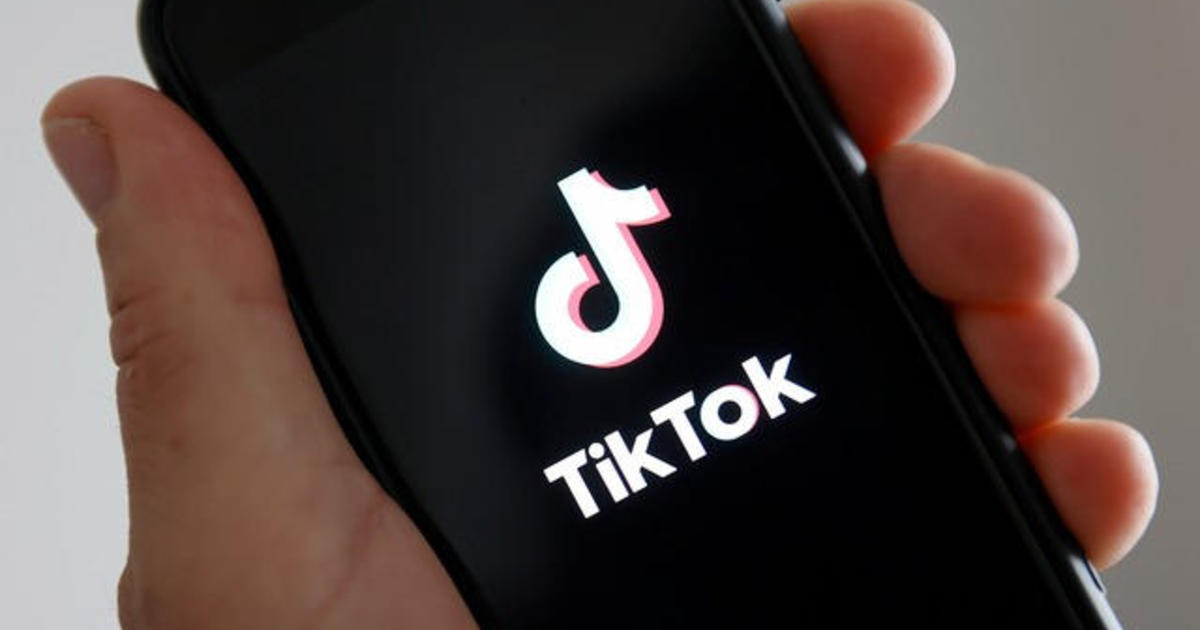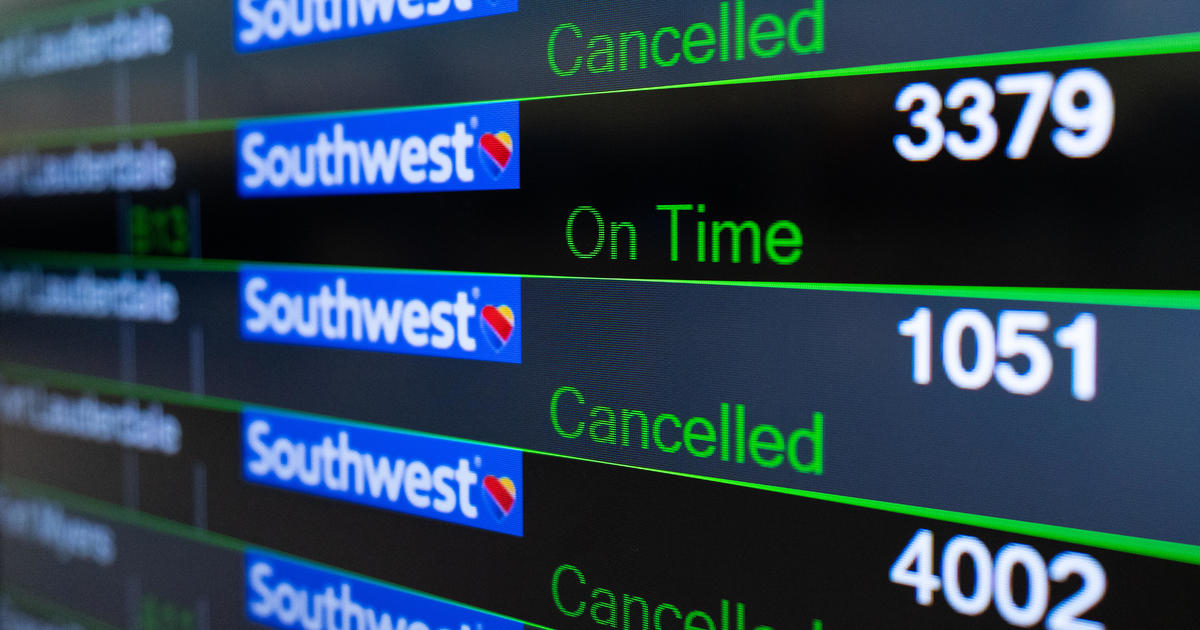Metro Marks 4 Years Since Deadly Red Line Crash
WASHINGTON (WJZ) -- Four years after the deadliest crash in the D.C. Metro system's history, serious concerns remain over safety for a growing number of Maryland commuters.
Mike Hellgren begs the question--are riders any safer?
Four years after nine people lost their lives in the D.C. Metro crash, about a third of the NTSB's safety recommendations remain unfulfilled. Many say that's simply not good enough.
The nightmare crash injured more than 80 people, killed the train operator and eight passengers and exposed the safety failings of D.C.'s Metro system, used by hundreds of thousands of people every day, including commuters from Baltimore and across Maryland.
"I actually feel safe on the buses more than the train," said Dan Combs, Metro rider.
That day, a faulty sensor on the automatic train control system did not detect on oncoming train. It plowed into anther train at full speed, crumpling it, despite the engineer hitting the emergency brake.
"It seemed like, for years, the work that we had done and the recommendations that we had made had fallen on deaf ears," said Deborah Hersman, NTSB.
Four years later, ten of the NTSB's safety recommendations remain unfulfilled, including installing event recorders in all lead cars and replacing deficient 1000-series rail cars that crushed like cans on impact.
"That should have been done before they really kill somebody. I mean, kill, kill, kill somebody," said Edith Neverson, Metro rider.
But Metro's general manager contends--you should have no fears about riding.
"I felt it was safe to ride the system. I ride it six days a week as it is," said Richard Sarles, Metro G.M.
He says Metro installed critical new safety equipment and stepped up the training of employees. But for those living with the loss of a loved one, nothing can change what happened.
"[My grandson] misses his mom a lot. 'Grandma, every time I think about my mom, my heart feels like an egg. All cracked up,'" Veronica Dubois said.
Senator Barbara Mikulski said peoples' patience with Metro is wearing thin, and they need to have a greater sense of urgency when it comes to safety.
On the eve of the anniversary, Metro's G.M. defended his $350,000 a year salary as competitive with others in his position.
To this day, trains still operate in manual mode. Those old train cars are expected to be phased out by 2017.



